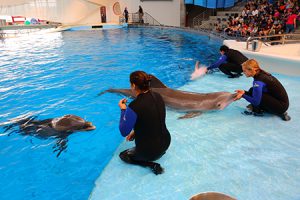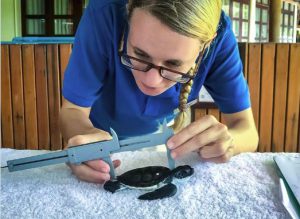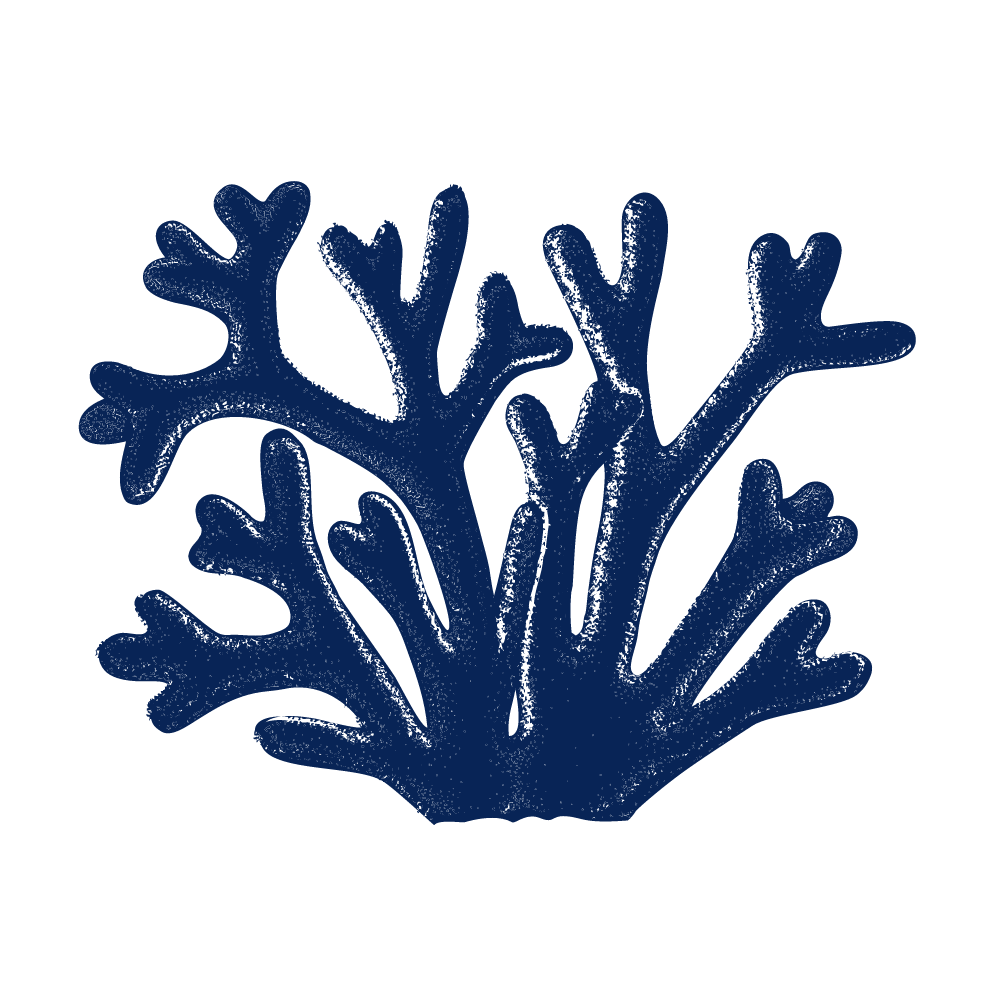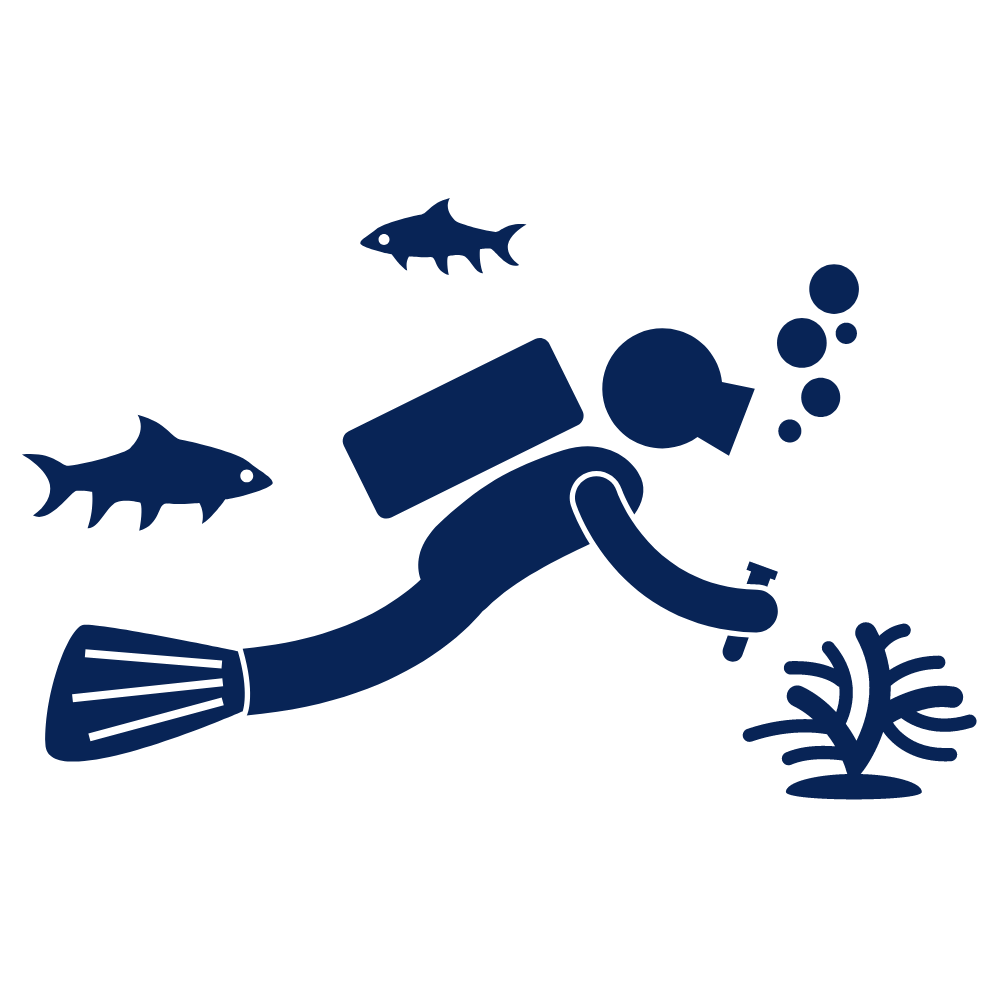Posted by Kasey | 11.20.2019 | Marine Science, Scuba Diving, Sea Turtle Camp, Sea Turtle Camp News
Careers in Marine Science-Part 1
Are you looking into a career in the field of marine science? Are you not sure what you can actually do? In this two part series we will outline a few career options for you!
Marine Biologist – This is the typical job that most people think of when they think of marine science careers. Marine biologists study the life inside the water, from the microscopic algae to the largest whales in the ocean. They do a lot of research that includes performing, testing, and monitoring how plants and animals interact with the environments around them. Here are just some of the career paths you can take as a marine biologist:
- Research
- Conservation
- Education
- Health Sciences
Degree recommended: at minimum a bachelor’s in marine biology, environmental science, wildlife biology, biology, conservation biology; doctoral degree required for professors
Marine Animal Care Specialist/Aquarist – Animal Care Specialists provide basic needs for marine animals to ensure their health and safety. Daily tasks include nutrition preparation, animal health assessment, animal training and enrichment, guiding guest interactions, and educating them about the animals and conservation efforts. This is not a typical 9-5 job and requires a willingness to work during weekends and holidays. Inclement weather can’t scare these hard workers!
Degree recommended: at minimum a bachelor’s in psychology, biology, wildlife ecology, or zoology; scuba certification is an essential
Marine Environmental Educator – an environmental educator can do jobs ranging from training people in marine environmental safety to spreading knowledge about the marine environment. They research, develop, and deliver marine science curriculum with educational programs for children and adults. Typically they work in areas like museums, zoos, and aquariums and give public talks and demonstrations.
Degree recommended: at minimum a bachelor’s in marine biology, environmental science, education
Aquatic Veterinarian – Aquatic veterinarians are known to specialize in the treatment of and preventative care for marine animals. They usually work in aquariums, research facilities, and rescue organizations. They are typically tasked with taking care of a specific animal or set of animals. Aquatic veterinarians work toward monitoring the health of the animals kept in captivity.
Degree recommended: aquatic veterinarian require an extensive amount of practical training and board certification; aquarist require at minimum a bachelor’s in marine biology or zoology
Keep a look out next week for the second part of this series, where we bring you some more career options!



 Marine Bio
Marine Bio SCUBA
SCUBA Travel
Travel School Groups
School Groups Sign Up
Sign Up CONTACT
CONTACT CAMPS
CAMPS ABOUT
ABOUT